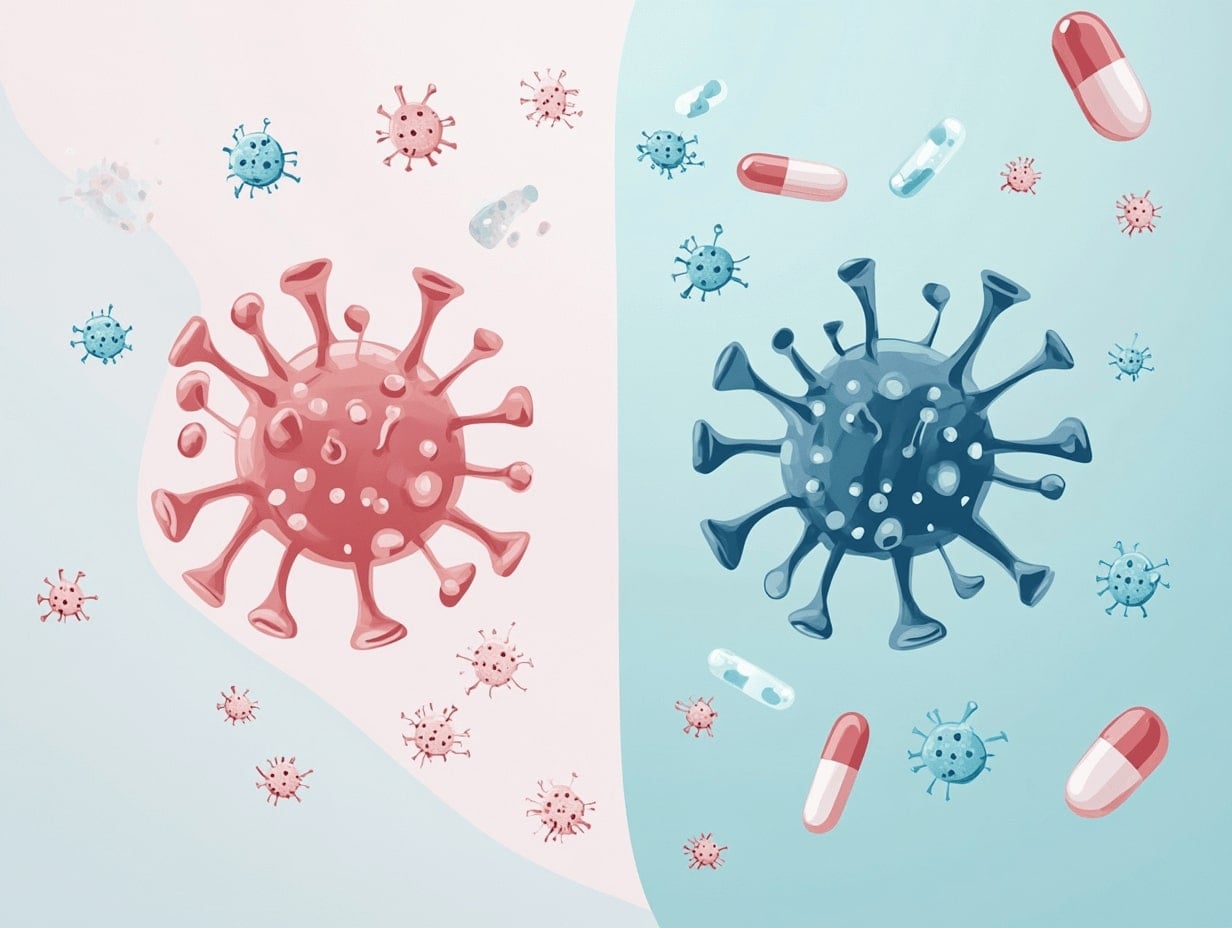What’s the Difference Between HIV and AIDS? Explained
Jan 28, 2025
HIV is the virus that weakens the immune system, while AIDS is the final stage of HIV infection, where the immune system is severely damaged. With early diagnosis and treatment, HIV can be managed, preventing progression to AIDS and improving quality of life.
What is HIV?
HIV (Human Immunodeficiency Virus) is a virus that attacks the immune system, specifically the CD4 cells (T cells), which are important for fighting infections. Over time, if left untreated, HIV can weaken the immune system significantly, making it harder for the body to fight infections and diseases. However, with early diagnosis and consistent treatment, people with HIV can live long, healthy lives.
What is AIDS?
AIDS (Acquired Immunodeficiency Syndrome) is the final stage of HIV infection, occurring when the immune system has been severely damaged by the virus. AIDS is diagnosed when the number of CD4 cells falls below a certain threshold, or when an individual contracts one or more opportunistic infections that occur due to a weakened immune system. With modern treatments, many people with HIV do not progress to AIDS.
Key Differences Between HIV and AIDS
HIV is the virus that attacks the immune system, while AIDS is the condition that can develop when the immune system becomes severely weakened due to the progression of HIV.
HIV can be managed with antiretroviral therapy (ART), which helps maintain a strong immune system and prevent the progression to AIDS. AIDS cannot be cured, but its symptoms can be managed with treatment.
Why Early Diagnosis and Treatment Matter
Getting tested for HIV early is crucial because HIV is manageable with medication. People who start ART early can live with the virus without ever progressing to AIDS. Regular testing is essential, especially for individuals who are at higher risk.
Where to Get Tested
You can get tested for HIV at trusted healthcare providers and clinics. For a private, reliable, and convenient option, visit or partner STDCheck.com for confidential testing services.
For more information about HIV testing and stats, visit the CDC HIV Testing page.
Conclusion
While HIV and AIDS are related, they are different stages of the same illness. Early detection and consistent treatment can prevent HIV from progressing to AIDS. If you suspect you might be at risk, get tested today. Early intervention can make all the difference in your health.

Dr. Michael Thompson
Dr. Michael Thompson is an expert in sexually transmitted diseases with extensive clinical and research experience. He leads campaigns advocating for early diagnosis and prevention of diseases like HIV and gonorrhea. He collaborates with local organizations to educate both youth and adults about sexual health.





